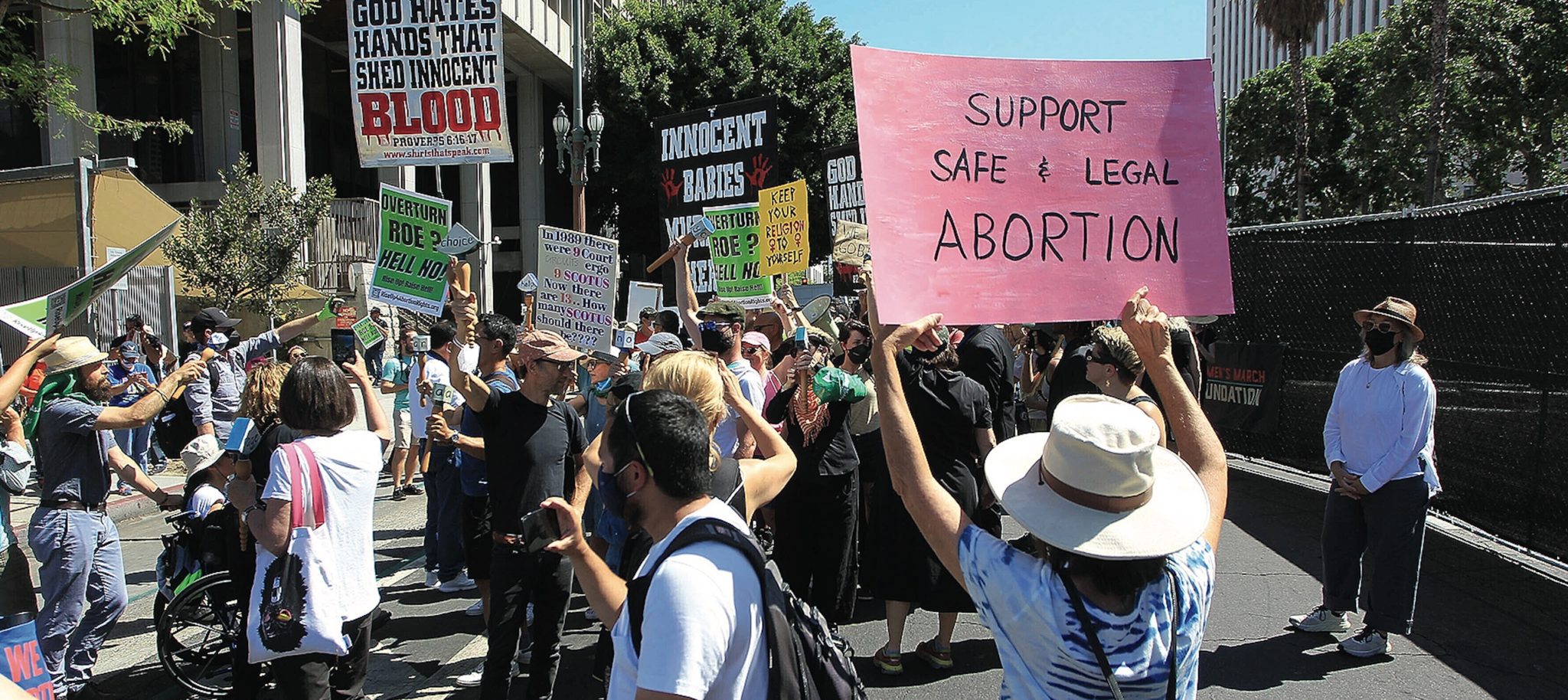A new study by a Berkeley political scientist challenges the long-held assumption that bipartisan interactions inevitably decrease divisions between voters.
The study, which was published in Science Advances, was coauthored by Berkeley Associate Professor David Broockman, M.A. ’12, Ph.D. ’15, and Stanford University doctoral candidate Erik Santoro.
The duo conducted two experiments involving more than 300 participants from across the country.
In one experiment, participants discussed what they liked about their own political party or what they disliked about the other person’s party. As you might expect, these interactions had little discernible impact on polarization.
In another, they paired Republicans and Democrats to discuss their “perfect day” via video call, seeing if the conversations would lead to more amicable relationships. A survey conducted right after the conversations demonstrated that the participants’ overall polarization had indeed decreased. But, alas, the development was short-lived: A follow-up survey, conducted three months later, showed that polarization had returned to its initial levels.
“[People assume that a participant] might say, ‘I’ve gotten to know the other side, and I like them more, and so now I’m more OK with my representative working with a representative from the other side, and I’m less likely to vote for a politician in my party who’s going to try to disenfranchise the other side,’” Broockman told Berkeley News. “[W]e didn’t find any of that.”
Nonetheless, he notes that the participants were respectful toward each other, and that further research could look at whether longer-term relationships are more effective at breaking down ideological barriers, which he says is important for our system of government.
“Democracy exists to manage the inevitable differences of opinion that exist in any society,” Broockman said. “The differences of opinion are not themselves necessarily a problem. But people do need to be able to discuss them.”
…
California magazine is an editorially independent non-profit magazine. We need your support to keep producing award-winning journalism about the world of Berkeley and Berkeley in the world. Please consider a donation in any amount. Fiat Lux and Go Bears!



















